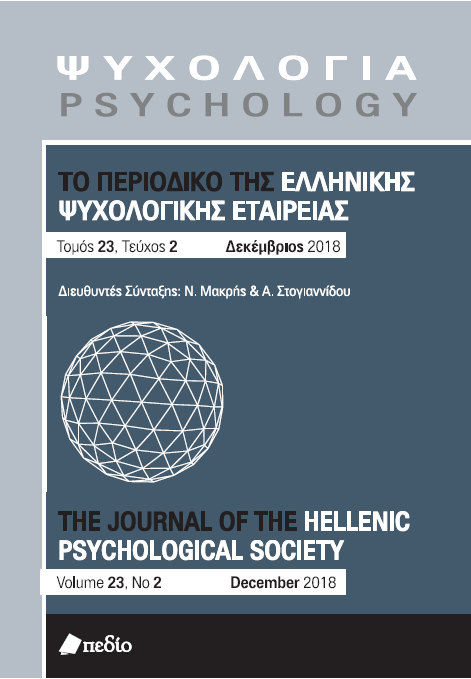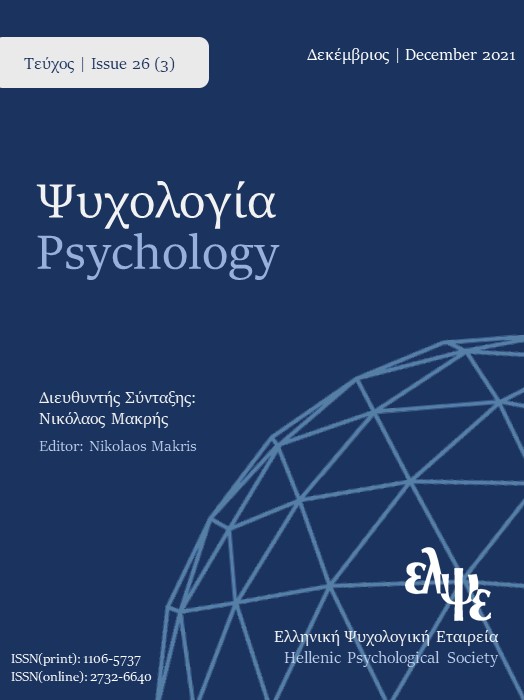Multitasking of existence: Technological mediation in the daily life of the new digital generation

Abstract
This study uses a qualitative research perspective in order to explore how young adults of the net generation get involved with ICTs and what types of meaning they attribute toICT use. Eighteen to twenty-two years old adults in Greece constitute the first generation that were born and raised in a digital environment. Our purpose is to explore how this generation express themselves and fulfil psychological needs while in cyberspace, in what ways and to what degree fulfilment is achieved, how authentic the expression of needsis, and to what type of emotional experience this whole process contributes. Are young adults able to distinguish the psychological signification of their ICTs use? We investigated these questions by asking participants to keepa diary for a period of five daysabout their patterns of ICTs use, the emotional needs covered by this use, the satisfaction they receive from it,and theirmultitasking practices, and then to reflect and report on their personal findings. Thematic analysis of the findings and self-reports indicates that young adults do not seem to receive the psychological seek while using ICTs; this lack of fulfilment contributes in turn to extended multitasking practices, even when it comes to selected leisure activities. Τhis mediated daily routine creates new forms of anxiety toyoung adults, who report feeling trapped in a permanently escaping reality that requires constant presence and participation.
Article Details
- How to Cite
-
Sidiropoulou, A. (2018). Multitasking of existence: Technological mediation in the daily life of the new digital generation. Psychology: The Journal of the Hellenic Psychological Society, 23(2), 20–36. https://doi.org/10.12681/psy_hps.22584
- Issue
- Vol. 23 No. 2 (2018)
- Section
- SPECIAL SECTION

This work is licensed under a Creative Commons Attribution-ShareAlike 4.0 International License.
The journal PSYCHOLOGY adopts a Platinum open-access policy. Submission, processing or publication costs are waived by the Hellenic Psychological Society. Papers published in the journal PSYCHOLOGY are licensed under a 'Creative Commons Attribution-ShareAlike 4.0 International' licence. The authors reserve the copyright of their work and grant the journal the right of its first publication. Third-party licensees are allowed to use the published paper immediately after publication as they wish, provided they retain the defined by the license copyright formalities, regarding the reference to its author(s) and its initial publication in the journal PSYCHOLOGY. Moreover, any adjusted work should be shared under the same reuse rights, so with the same CC license.



